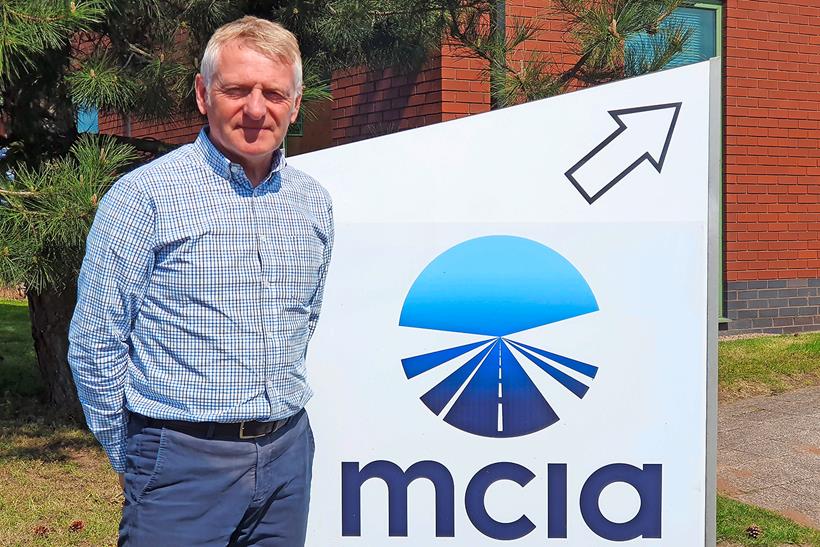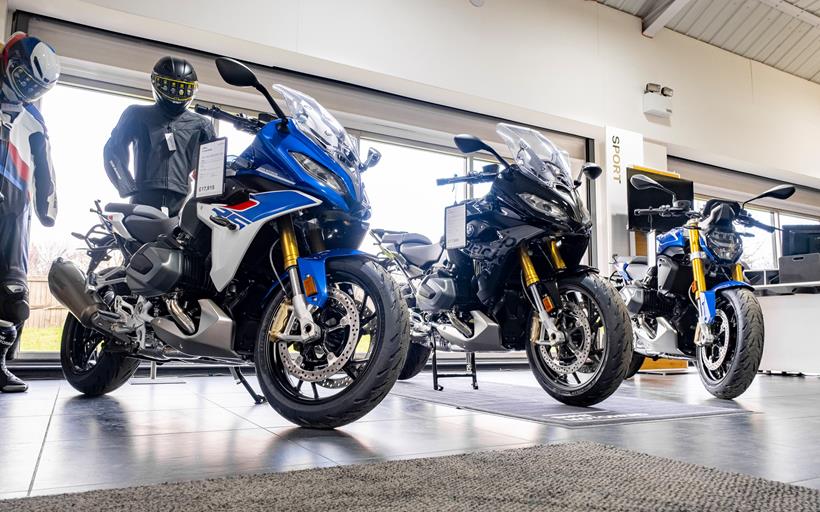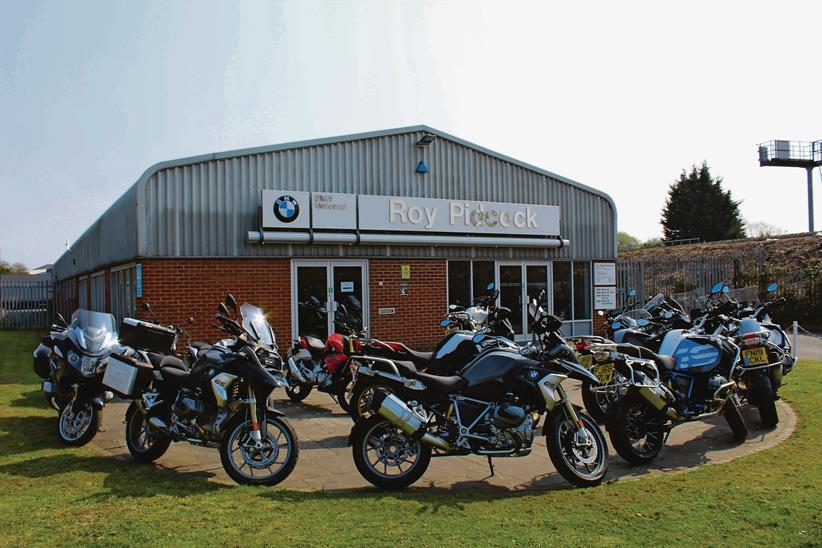Concerns mount as more major motorcycle dealership chains enter administration amid sales shortfall
Three major dealership chains across the UK have recently entered administration, with slow sales and rising costs cited as some of the reasons for decline.
New bike registration data released by the Motorcycle Industry Association (MCIA) for the first nine months of the year revealed a 3.8% decline across motorbikes of all engine capacities when compared with the same period in 2023.
Year-to-date figures also showed larger-capacity machinery to be in particular difficulty, with 751-1000cc two-wheelers down by 8.7% at 15,583 units, and the biggest 1000cc+ models dropping by 10.6% to 14,219 overall.
In fact, when looking at conventional petrol power, only the 126-500cc category showed YTD growth – raising by 20.4% across the year so far. This is likely due to the arrival of popular models including Triumph’s Scrambler 400 X and Speed 400.

Despite the concerns, MCIA CEO, Tony Campbell remains positive, telling MCN: “Even if you took out the distortions from this year, we’re still going to sell more bikes than we did in 2019.
“We lose sight of the fact that the market has been really quite robust,” he continued.
“This sector has been through this before, it’s seen it before, and it’s survived before, but there are lots of smaller things – such as insurance. I think there’s a real combination of things that are triggering these changes.”

Other factors to consider include the fluctuation of energy and fuel prices, the threat of conflict across nations, a change of Government, the perception of motorcycle theft (although currently on the decline across the UK), and more.
KTM parent group Pierer Mobility AG are also in financial difficulty, recently cutting their executive board from six to two members and announcing more than 500 redundancies across the year so far. Not only do these factors impact the dealers themselves but could also have an effect on buyer confidence.
- Related: Via Moto leave Sheffield centre
One of the most recent dealership chains to fall into difficulty is Pidcock Motorcycles Limited, which was placed into administration on October 21.

A BMW retailer since 1977, both their Ducati and Triumph sites have now been permanently closed, with 18 employees made redundant. Interest from prospective buyers is currently being considered for their BMW premises in Nottingham.
“Pidcock is not the first retailer to struggle in challenging market conditions over the past year. The company is a reputable seller, partnered with some of the world’s best-known bike brands, and we’re not surprised that there has been interest from prospective buyers,” Nathan Jones, joint administrator and partner at FRP Advisory said.
“While it’s unfortunate that a viable route forward for all three sites hasn’t been possible, we’re hopeful of a positive outcome for the company’s BMW outlet. Securing that, as well as supporting employees affected by the closures, is our focus now.”

In Scotland, Saltire Motorcycles of Edinburgh entered administration in early September, leaving uncertainty for their seven franchises including KTM, BSA, Royal Enfield, and Indian Motorcycle.
Completely Motorbikes met a similar fate in mid-October, with administrators now urging interested parties to come forward and rescue the business which had collectively housed over 1500 bikes across 21 showrooms.
“The group has encountered financial difficulties after a poor summer sales period,” Joint Administrator Jonathan Amor of Azets said at the time.
“As a result, the group has been placed into administration to protect it. We are exploring sale options with interested parties.”

Campbell of the MCIA continued: “For each of these businesses there will be some common themes as to why they’re closing, but there also will very much be some unique issues.”
The industry spokesman previously held a high-ranking position at the Carnell/Motorcycle City/Riossi dealership business, which eventually saw 28 dealers close across Britain.
“That business wasn’t necessarily not profitable but the return relative to the amount of capital employed and the investment that’s needed, no longer made sense.”






